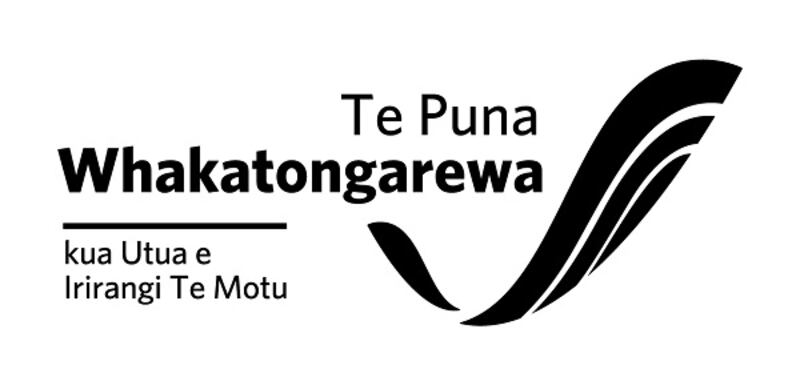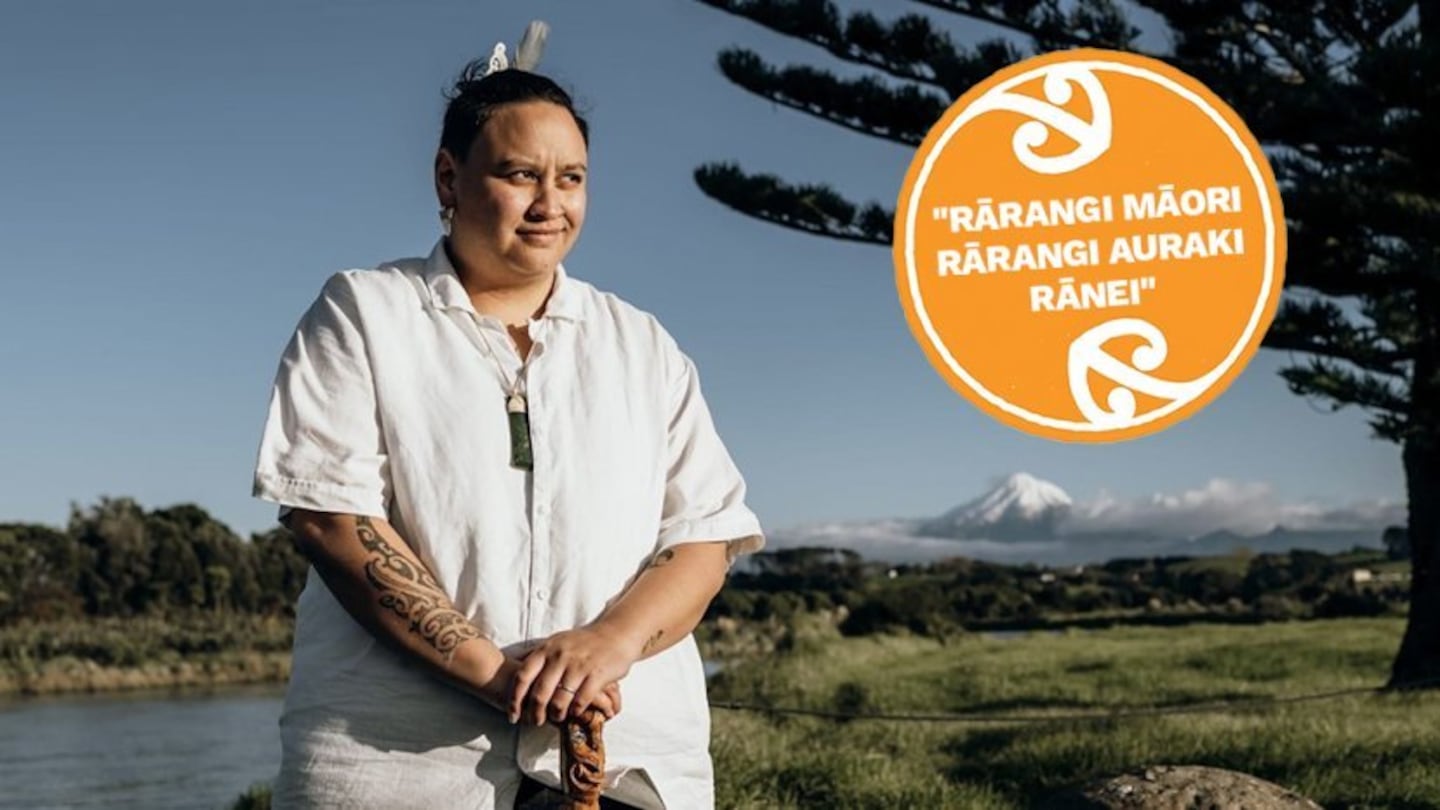Nā Puawai Hudson | Te Ia Ka Oho
The Māori roll has been the only option for 27-year-old Maraea Katene-Rawiri and her whānau, who recalls vividly her first voting experience in 2014 with her Nan and Koro.
“I cracked a joke about enrolling on the general roll and instantly regretted it. My Nan went off saying ‘why do you want to do that’ in full disapproval, literally giving me the ear full. My Koro just shook his head in disappointment and didn’t say anything more,” Maraea says.
“Being on the Māori or General roll has never been an option in my whānau,” she says.
“It’s important to me as it was important to those before me, and those who fought for equal Māori representation in governance spaces, both local and state.”
With the latest law change, Māori who wish to change their electoral rolls before this year's General Election may do so at any time up until July 13 or three months before any local or general election.
Previously, Māori could only switch rolls during the five to six-year Māori Electoral Option period.

Māori Party co-leader Debbie Ngawera-Packer says that the law previously was a deliberate way of stopping tangata whenua from being able to make decisions about their whenua and whānau.
“This was not accidental, it was a deliberate way of oppressing Māori and that racist legislation now being removed, means that for the very first time we have an opportunity to truly have an unapologetic, stronger, more MP’s, more people, more Māori in Parliament,” Ngawera-Packer says.
Ngārewa-Packer believes that the opportunity to move freely to the Māori roll will remove the barriers that have limited Māori participation to voting and their ability to assert their mana motuhake.
As for Bell Block resident Katene-Rawiri, she’ll remain steadfastly on the Māori roll, but she is happy that whānau who are currently trapped on the general roll can swap as they wish.
“Our long-term vision is 3 generations later, not 5 years. Māori have the answers to heal Māori, and more seats mean stronger impact, louder voice and concrete moves,” Maraea says.
The number of Māori electorates and seats in Parliament would increase as a result of an increase in the Māori roll, reducing the current Māori MPs' distribution throughout the seven geographically large Māori electorates.





